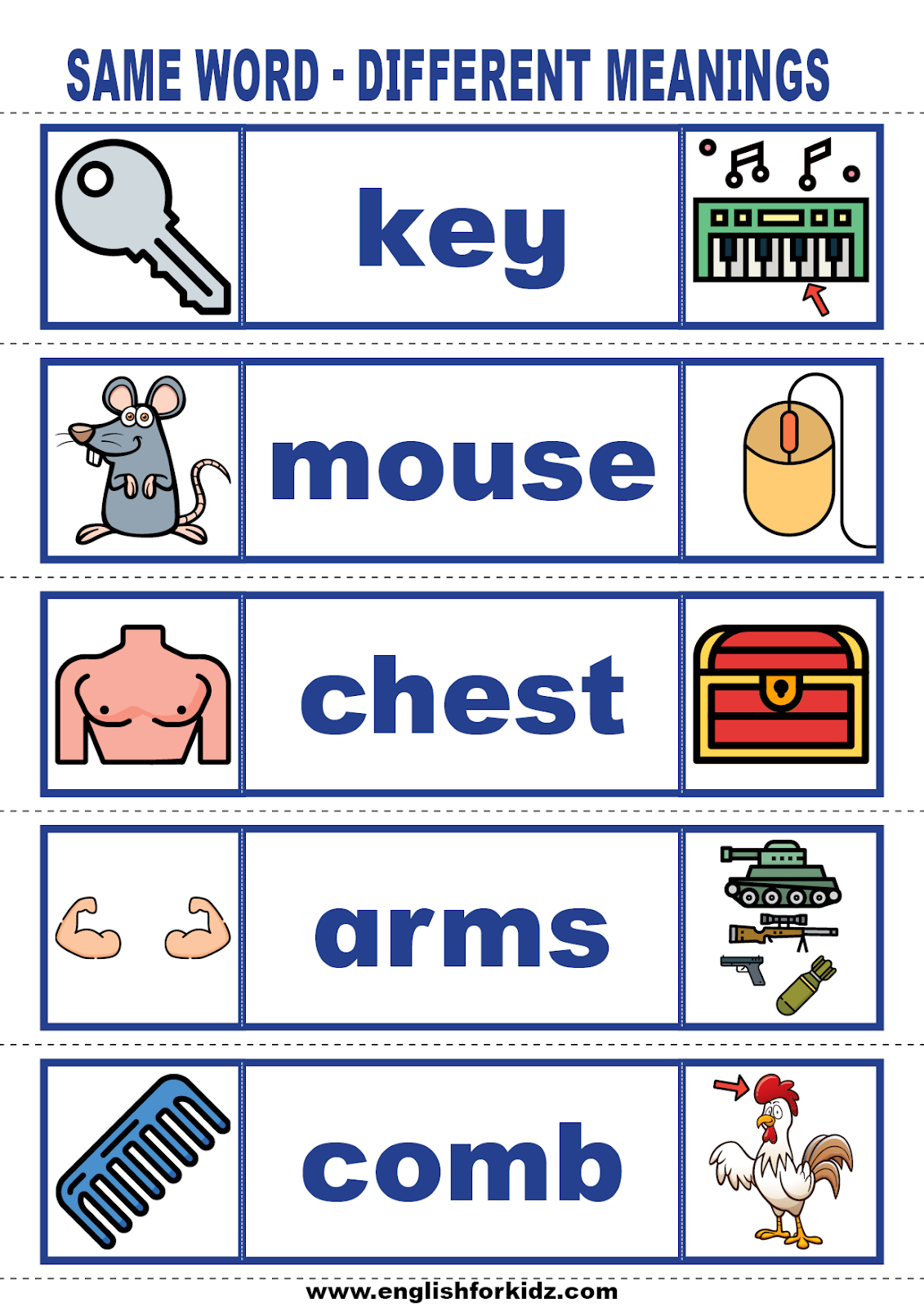Unlocking the Secrets of Old English Word Meanings

Ever stumble upon a word and feel a strange, almost mystical connection to something ancient? Like a faint echo from a time long past, certain words carry a weight, a depth of meaning that transcends their dictionary definitions. This is the allure of Old English word meanings – a glimpse into the linguistic roots of our modern language, a connection to the stories and lives of our ancestors.
Exploring Old English word meanings isn't just a dry academic exercise; it's a journey of discovery. It's about peeling back the layers of time to understand how language has evolved, how meanings have shifted, and how the words we use today are connected to a rich and vibrant past. Think of it as linguistic archaeology, unearthing the buried treasures of our verbal heritage.
Understanding these ancient word meanings can unlock a deeper appreciation for the nuances of modern English. It can enrich your vocabulary, improve your communication, and give you a new perspective on the stories we tell and the words we use to tell them. Imagine knowing not just what a word means, but the journey it took to arrive at that meaning, the cultural and historical forces that shaped its evolution.
Let's embark on this journey together, exploring the fascinating world of Old English word meanings. From the everyday words we take for granted to the more obscure terms that have fallen out of common usage, each word has a story to tell. By understanding these stories, we can gain a deeper understanding of ourselves, our language, and our connection to the past.
We'll delve into the history and origins of Old English, tracing its development from the Germanic languages brought to Britain by Anglo-Saxon settlers. We'll explore the influence of Latin, Norse, and French on the evolution of English words, and examine how these linguistic interactions have shaped the language we speak today. Prepare to be surprised by the unexpected connections and fascinating transformations you'll uncover.
Old English, also known as Anglo-Saxon, was spoken in England from roughly the 5th to the 12th centuries. Its influence on modern English is profound, even if many of the words have morphed significantly over time. Understanding the structure and grammar of Old English can provide valuable insights into the origins of many modern English words and grammatical constructions.
For example, the Old English word "cēap" meant "bargain" or "purchase," and it evolved into our modern word "cheap." The word "mete" in Old English meant "food" and has transformed into "meat" in modern usage, narrowing its meaning considerably. These transformations highlight how language is dynamic and constantly evolving.
One of the key benefits of studying Old English word meanings is a deeper understanding of etymology, the study of word origins. This knowledge enhances vocabulary and improves comprehension of complex texts. Another benefit is a greater appreciation for the richness and depth of the English language.
If you're looking to delve into Old English, there are numerous resources available. The University of Michigan has excellent online resources, and the Bosworth-Toller Anglo-Saxon Dictionary remains a definitive resource. "A Guide to Old English" by Bruce Mitchell and Fred C. Robinson is a highly recommended textbook.
Advantages and Disadvantages of Studying Old English Word Meanings
| Advantages | Disadvantages |
|---|---|
| Enhanced vocabulary and comprehension | Steep learning curve and time commitment |
| Deeper appreciation for the English language | Limited practical application in everyday life |
| Improved understanding of historical texts | Access to resources can be challenging |
One of the biggest challenges in studying Old English word meanings is the unfamiliar script and pronunciation. However, many resources are available to help overcome this challenge, including online pronunciation guides and tutorials.
Frequently Asked Questions about Old English Word Meanings
Tips and tricks for learning Old English include focusing on cognates (words with shared ancestry) and utilizing online resources and dictionaries.
In conclusion, delving into the realm of Old English word meanings offers a captivating journey through the historical and cultural tapestry of the English language. From its Germanic origins to the influences of Latin, Norse, and French, the evolution of English words reveals a fascinating story of linguistic transformation. While the study of Old English may present some challenges, the rewards are plentiful. By understanding the etymology and evolution of ancient words, we gain a deeper appreciation for the nuances of modern English, enhance our vocabulary, and connect with the rich linguistic heritage of our ancestors. Embark on this linguistic adventure and unlock the secrets hidden within the words we use every day. So, take the plunge and discover the fascinating world that lies within the depths of Old English word meanings!
Dungeons and dragons paladin holy warriors and tabletop tactics
Hand tattoos and black male identity a cultural exploration
Catching baddies east your complete viewing guide













